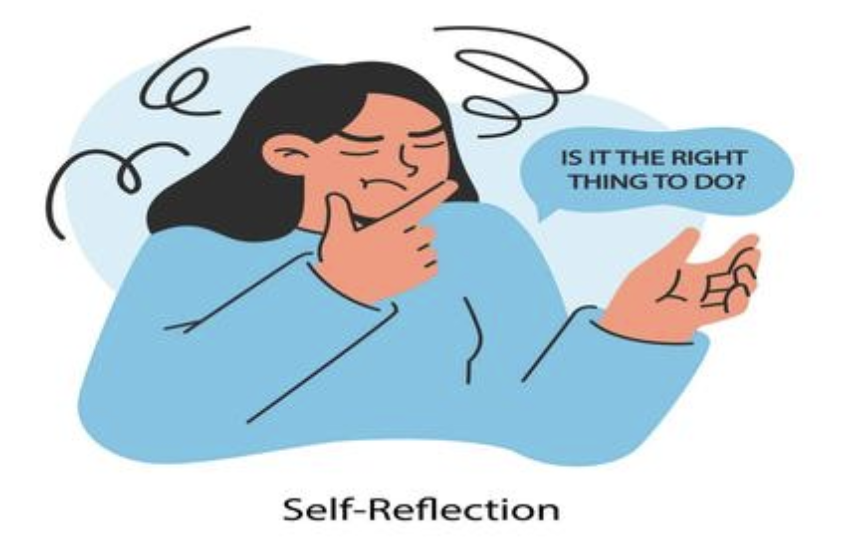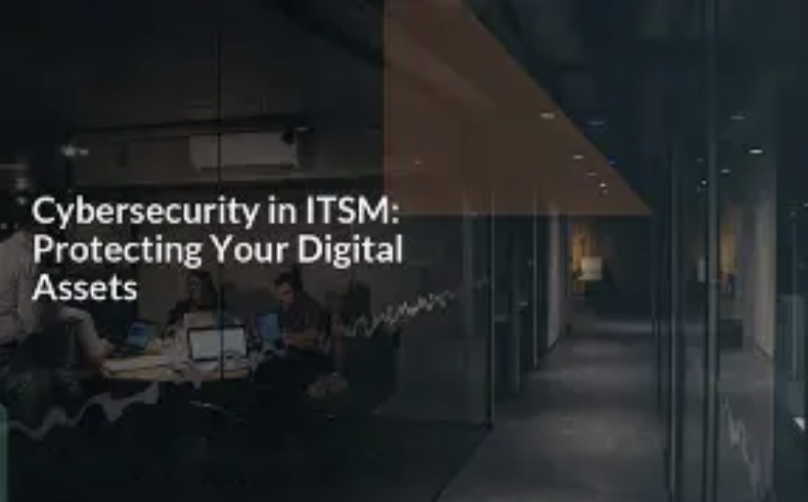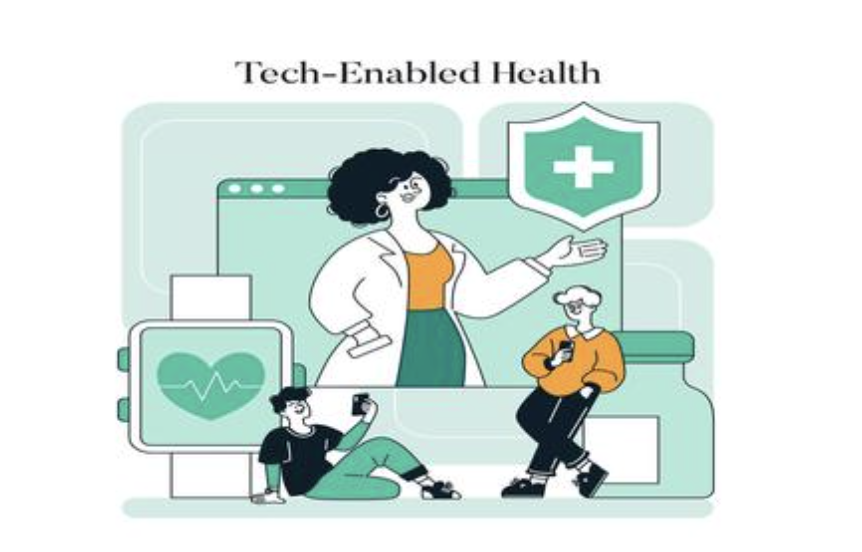Code & Power: Decentralization’s Social Shift
For ages, authority has been held by entities—governments, corporations, and elites—that manage resources, information, and decision-making processes. However, the emergence of code is transforming these established norms. Technologies that promote decentralization are reallocating power from hierarchies to networks, fostering a societal change where individuals and groups regain control. For wealthy individuals who cherish independence and a meaningful footprint, this is not merely a technological phenomenon—it represents a significant shift redefining what it means to exert influence.

Decentralized ledgers transform lack of transparency into responsibility. In contrast to conventional systems where choices are made out of sight, blockchain-powered networks document all actions visibly, yet securely. A luxury brand that adopts this technology would allow customers to trace the path of a diamond from mine to retail through coded information, effectively eliminating deceptive practices. For affluent investors, this translates to relying on data rather than public relations—enabling them to connect their wealth with their principles without depending on institutional assurances.
Community as the New Leadership
Decentralized Autonomous Organizations (DAOs) and communities are shifting away from hierarchical governance towards collective decision-making. Picture a worldwide art collective where members vote on which emerging talents to support financially, or an environmental coalition determining the distribution of climate funding. These organizations utilize code to guarantee that every opinion is heard, turning previously passive stakeholders into proactive participants in decision-making. For those accustomed to exerting influence through donations, this represents purposeful power—actively shaping issues they care about.
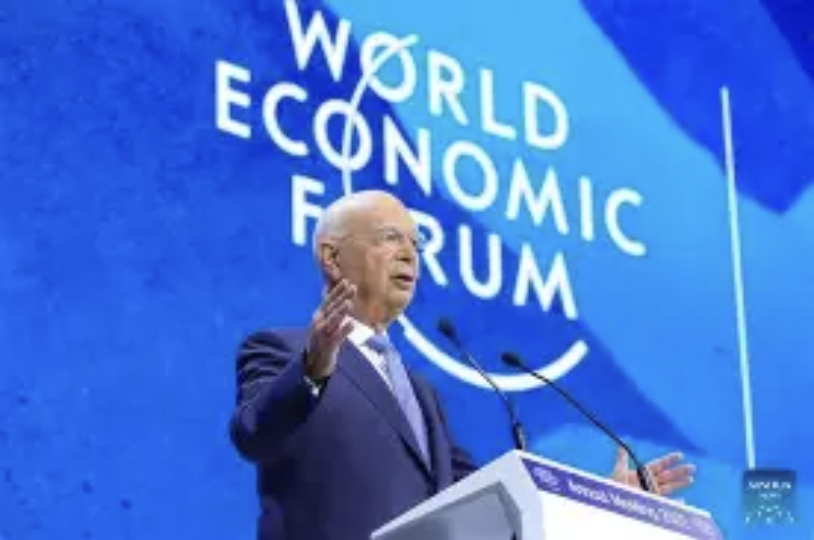
Digital Identity Beyond Surveillance
Centralized services often profit from and govern personal information, but decentralized identity (DID) systems empower individuals to take control. Enabled by code, DIDs allow users to manage credentials—from professional qualifications to exclusive memberships—without ceding control to external entities. A high-profile executive may employ a DID to confirm their qualifications at a global conference without disclosing personal information, while a collector securely authenticates rare items. This embodies privacy as a form of power rather than a vulnerability.
Conventional philanthropic and investment strategies frequently face inefficiencies or biases. Decentralized finance (DeFi) and community-based funds utilize smart contracts to guide resource allocation flexibly. A disaster relief DAO could automatically release funds upon sensor-triggered detection of an emergency, avoiding bureaucratic holdups. A collective of venture capitalists might finance startups based on community-agreed metrics rather than solely on investor preferences. For wealthy individuals, this offers the opportunity to witness their funds effecting change in real time with tangible results.
Cultural Creation Made Accessible
Code is dismantling the control that gatekeepers have over art, media, and culture. NFT marketplaces enable creators to sell their works directly to buyers, preserving ownership and earning potential. Decentralized publishing platforms allow journalists to disseminate their stories without fear of editorial interference. For art supporters, this means the chance to discover and promote talent prior to its acceptance by mainstream platforms—shaping cultural narratives rather than passively consuming them. This represents influence that fosters innovation, not mere conformity.
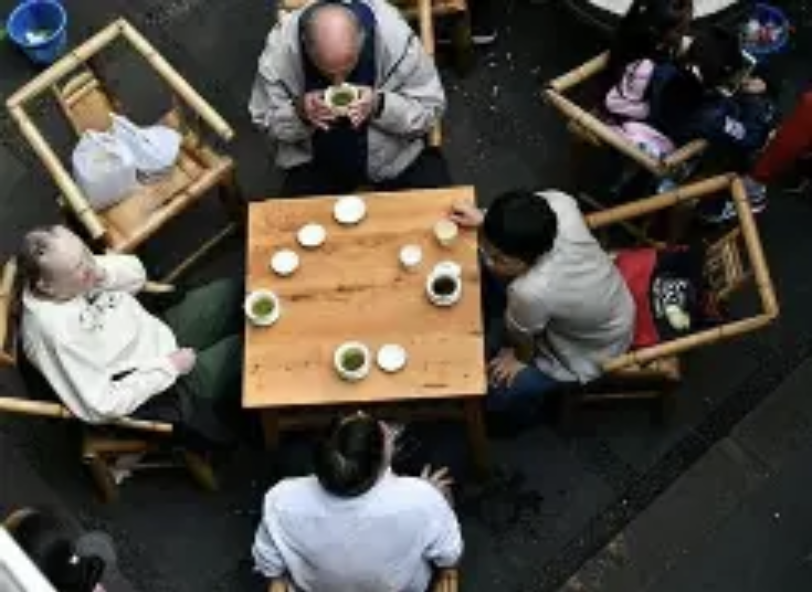
This transformation is unavoidable. Code is more than just an instrument; it is a novel form of power—one that redistributes, democratizes, and diversifies influence. For those prepared to welcome it, the age of decentralization offers an opportunity to reshape the very notion of having a significant impact, independence, and purpose in a world that is no longer governed by a select few.
(Writer:Ciki)


